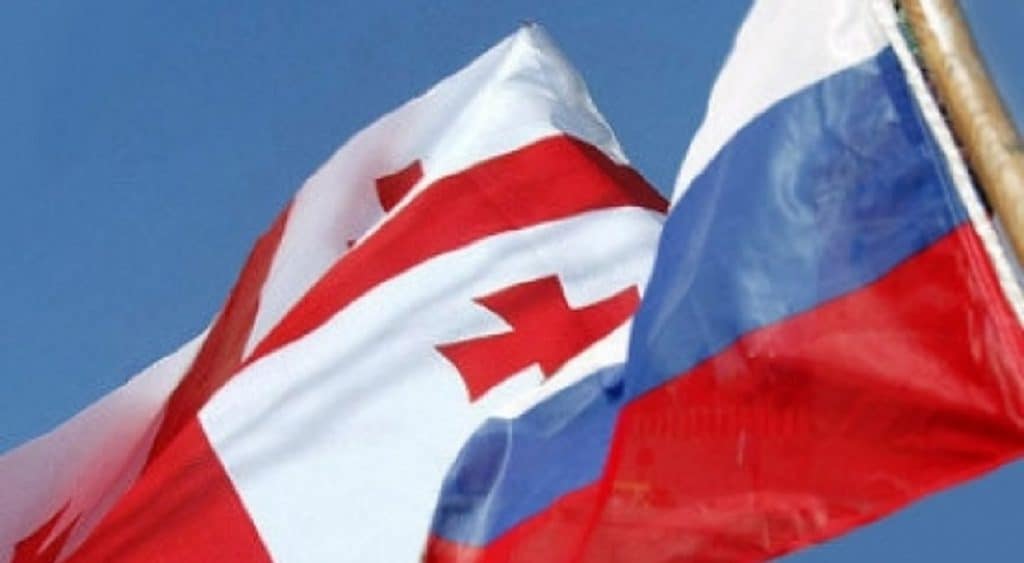By Denis Korkodinov
Tensions between Moscow and Georgia indicate certain shifts in Russian policy in this geopolitical direction. International experts associate this process with the creation of a vacuum, which the US and, probably, the UK, are rapidly wanting to fill. However, Moscow does not intend to completely break off relations with Tbilisi, nor does Tbilisi intend to completely destroy relations with Moscow Both countries equally need each other.
It is worth noting that the growth of protest activity in Tbilisi reflects the old conviction of Georgian nationalist groups that they have no reason to consider Moscow as an ally or partner for the reason that the Kremlin is unlikely to pay attention to threats to Georgia’s security and will not provide any Any compensation for lost economic benefits and territories.
Meanwhile, the Russian and Georgian mass media, despite the fact that the conflict with the occupied chair of the speaker of the national parliament of Georgia has already become part of history, continue to exaggerate the bodies of bilateral relations, which allows us to conclude that the existence of bilateral relations for both sides of the conflict is -so vital.
One way or another, published informational materials in both Tbilisi and Moscow clearly demonstrate that Georgia and Russia are not ready to completely ruin relations with each other. Even the recent aggravation of the situation on the Georgian-Ossetian border, when the international community was expecting the resumption of hostilities at any moment, did not lead to tragedy, on the basis of which it can be assumed that they are not interested in having a sense of deja vu on the events of the Georgian-Ossetian war of 2008 .
Some weakening of Georgian rhetoric after the dismissal of Rustavi 2 television journalist Georgy Gabunia, who insulted Russian President Vladimir Putin, as well as verified elections in the country, may be a signal to Moscow that Tbilisi is ready to make peace, although the presence of territorial claims still creates certain problems in in the pre-negotiation process between states. The sharp decline in the tourist flow from Russia had an extremely negative impact on the Georgian economy, while Moscow continues to maneuver in order to strengthen its position in the South Caucasus, for which the alliance with official Tbilisi remains strategically important.
Almost immediately after the collapse of the Soviet Union, Russia quite clearly demonstrated its intention to consider the South Caucasus as a sphere of its immediate interests. However, tensions in Russian-Georgian relations after the deputy of the State Duma of Russia Sergey Gavrilov took the chair of the head of parliament on June 19, 2019, puts Moscow’s South Caucasus policy at risk.
The Kremlin reacted harshly to this by blocking air links between countries and imposing a series of political sanctions on official Tbilisi. However, Russia’s own economic vulnerability and dependence on the oil resources of the Caucasus does not allow it to permanently lose Georgia, which forces it to establish relations with it sooner or later. And a surge of social unrest in Georgia unequivocally informs Moscow of how important it is for its presence in the South Caucasus.
(The views expressed in this article belong only to the author and do not necessarily reflect the views of World Geostrategic Insights)







